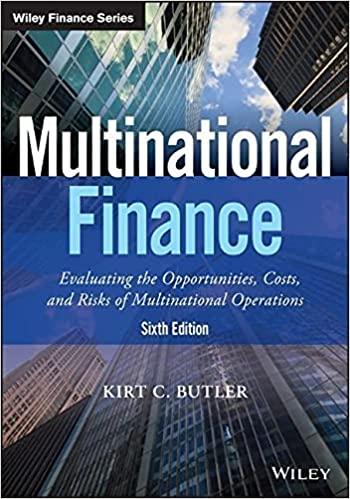
Assume that the real risk-free rate is 1.9% and that the maturity risk premium is zero. If a 1-year Treasury bond yield is 6.2% and a 2-year Treasury bond yields 6.6%. Calculate the yield using a geometric average. What is the 1-year interest rate that is expected for Year 2? Do not round intermediate calculations. Round your answer to two decimal places. % What inflation rate is expected during Year 2? Do not round intermediate calculations. Round your answer to two decimal places. % Comment on why the average interest rate during the 2-year period differs from the 1-year interest rate expected for Year 2. I. The difference is due to the real risk-free rate reflected in the two interest rates. The real risk-free rate reflected in the interest rate on any security is the average real risk-free rate expected over the security's life. II. The difference is due to the fact that the maturity risk premium is zero. II. The difference is due to the fact that we are dealing with very short-term bonds. For longer term bonds, you would not expect an interest rate differential. V. The difference is due to the fact that there is no liquidity risk premium. V. The difference is due to the inflation rate reflected in the two interest rates. The inflation rate reflected in the interest rate on any security is the average rate of inflation expected over the security's life. -Select- v Assume that the real risk-free rate is 1.9% and that the maturity risk premium is zero. If a 1-year Treasury bond yield is 6.2% and a 2-year Treasury bond yields 6.6%. Calculate the yield using a geometric average. What is the 1-year interest rate that is expected for Year 2? Do not round intermediate calculations. Round your answer to two decimal places. % What inflation rate is expected during Year 2? Do not round intermediate calculations. Round your answer to two decimal places. % Comment on why the average interest rate during the 2-year period differs from the 1-year interest rate expected for Year 2. I. The difference is due to the real risk-free rate reflected in the two interest rates. The real risk-free rate reflected in the interest rate on any security is the average real risk-free rate expected over the security's life. II. The difference is due to the fact that the maturity risk premium is zero. II. The difference is due to the fact that we are dealing with very short-term bonds. For longer term bonds, you would not expect an interest rate differential. V. The difference is due to the fact that there is no liquidity risk premium. V. The difference is due to the inflation rate reflected in the two interest rates. The inflation rate reflected in the interest rate on any security is the average rate of inflation expected over the security's life. -Select- v







